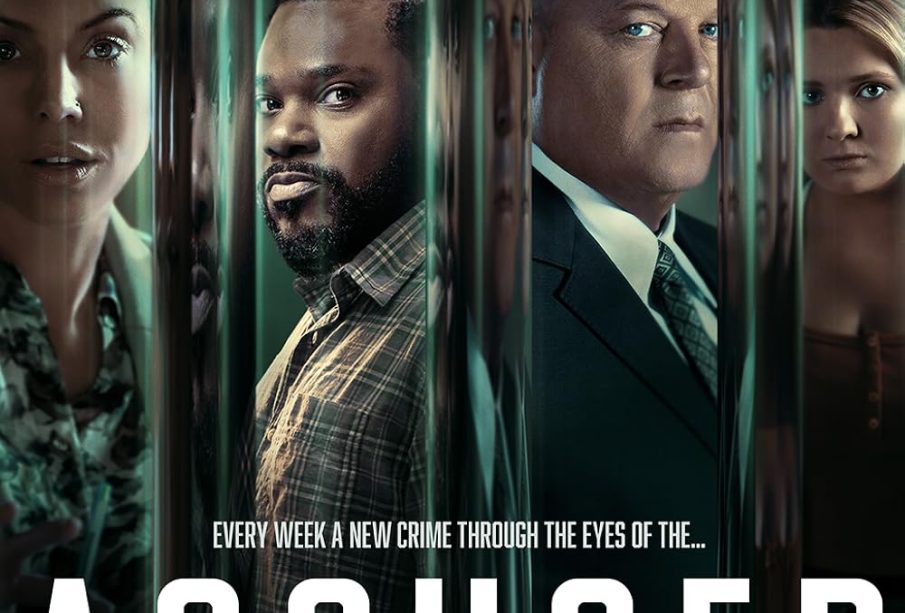The Controversies Surrounding Accused on Netflix

Introduction
The hit anthology series ‘Accused’ on Netflix has sparked significant discussions and debates since its inaugural season premiered. Depicting stories of individuals facing courtroom battles, the show delves into morality, justice, and the consequences of actions. Its relevance increases as society reflects on justice, media portrayals, and personal accountability.
Overview of ‘Accused’
‘Accused’ is based on the original British series, showcasing different narratives centered around a person accused of a crime and their journey through the legal system. Each episode features a unique storyline, portraying diverse perspectives and complex characters. This has allowed the series to explore sensitive social issues, but it has not come without its challenges.
Recent Controversies
Since its release, ‘Accused’ has faced scrutiny on various levels. Critics have raised concerns regarding the depiction of sensitive topics, like mental health and domestic violence, arguing that some portrayals might inadvertently glorify or oversimplify complex issues.
Viewer feedback has been mixed. While some appreciate its engaging storytelling and screenplay, others have expressed disappointment at how some episodes handle grim narratives. Social media platforms are buzzing with varying opinions, leading to a mix of commendation and condemnation.
Legal Concerns and Backlash
Aside from viewer feedback, legal professionals have voiced their concerns regarding the accuracy of legal representations in the series. Prominent figures in the legal field argue that the series could misinform audiences about legal procedures, potentially leading to misunderstandings about the criminal justice system. This discourse highlights the struggle between creative expression and factual accuracy.
Conclusion
As ‘Accused’ continues to gain traction, its ability to provoke conversation about justice, morality, and representation in media will remain pivotal. While it offers an engaging narrative that reflects societal issues, ongoing scrutiny from both audiences and professionals may shape its future direction. As Netflix navigates these controversies, the series stands as a reminder of the responsibilities inherent in storytelling, mainly when dealing with sensitive real-world issues.









